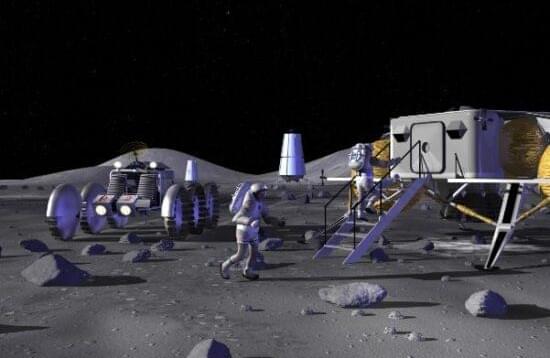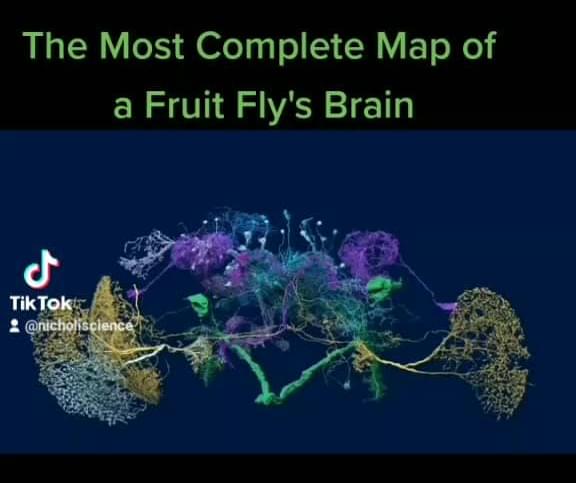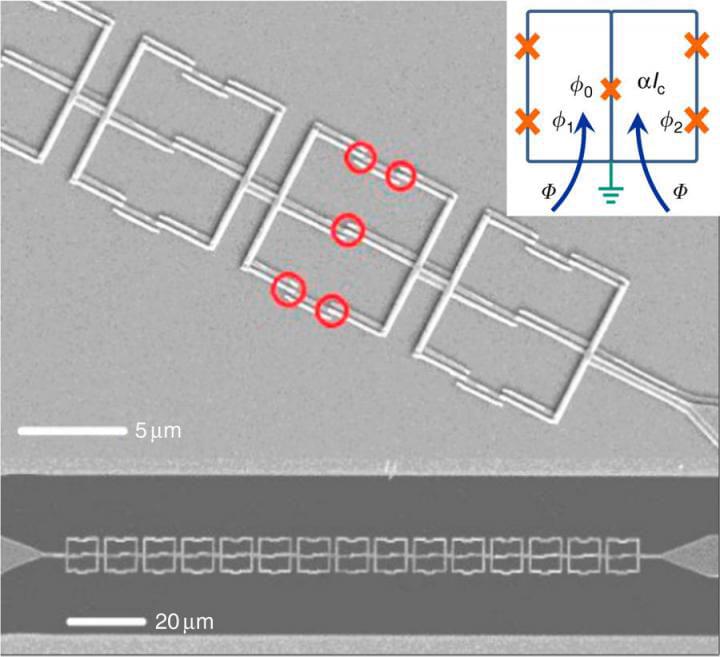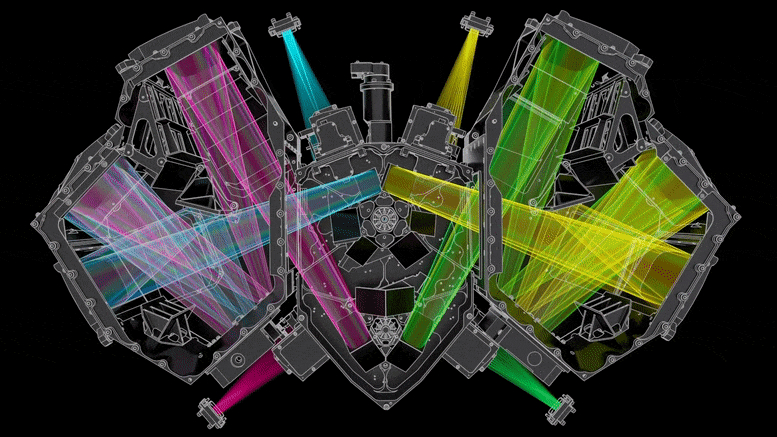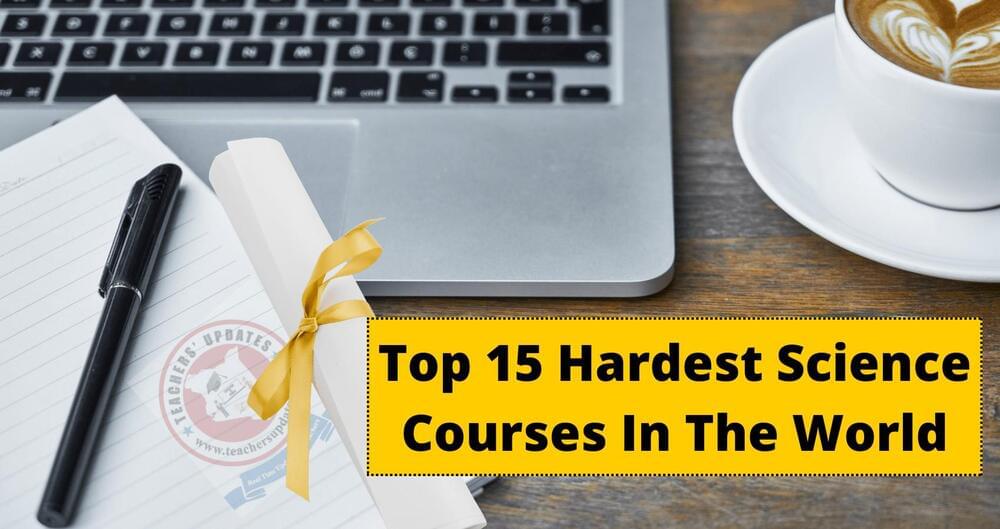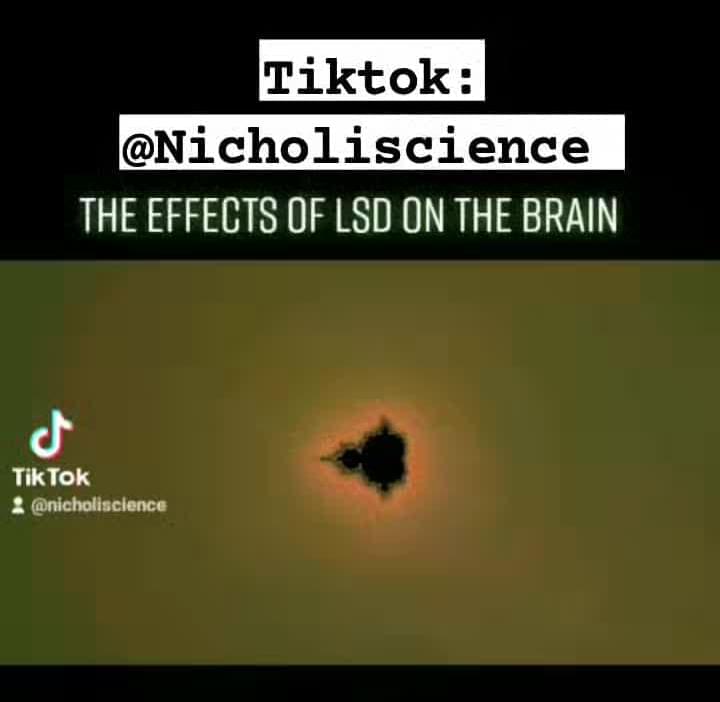Jul 17, 2022
Amazon Science at ICML 2022
Posted by Dan Kummer in categories: biological, robotics/AI, science
We’re proud to be a platinum sponsor of ICML, the annual conference on machine learning. Learn about Amazon’s presence at the conference, accepted publications,… See more.
The International Conference on Machine Learning (ICML) is the premier gathering of professionals dedicated to the advancement of the branch of artificial intelligence known as machine learning. The conference is globally renowned for presenting and publishing cutting-edge research on all aspects of machine learning used in closely related areas like artificial intelligence, statistics and data science, as well as important application areas such as machine vision, computational biology, speech recognition, and robotics.

